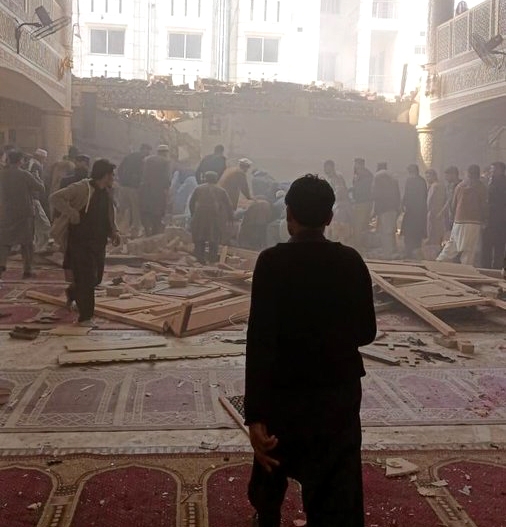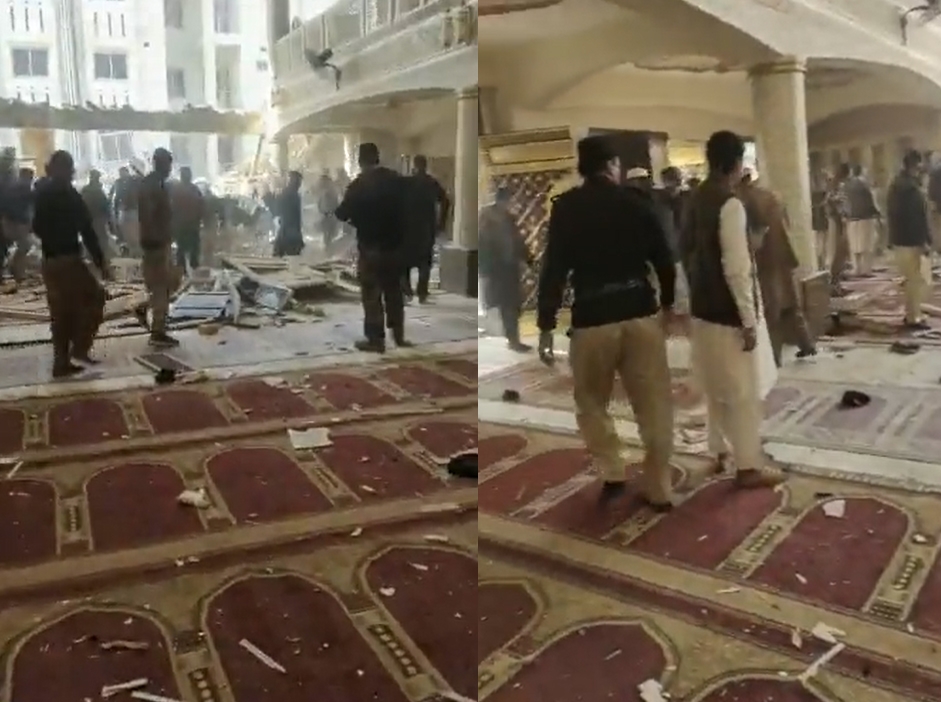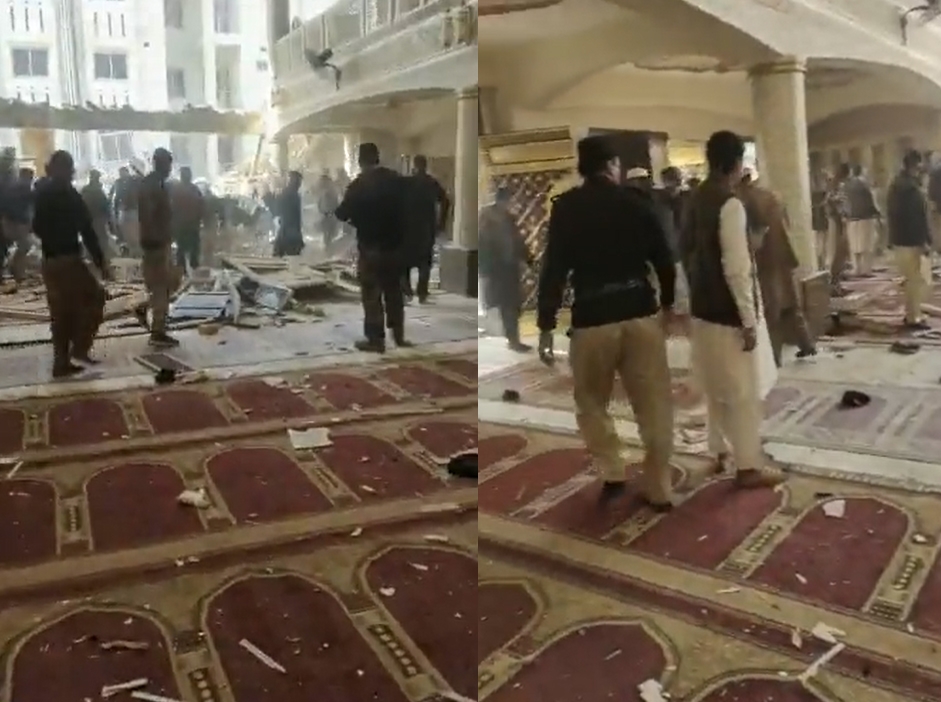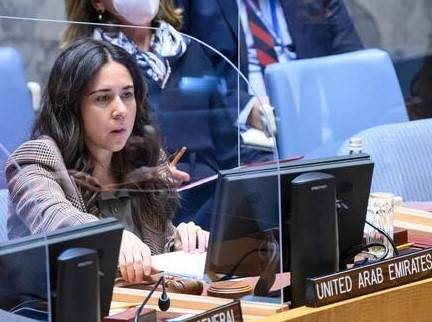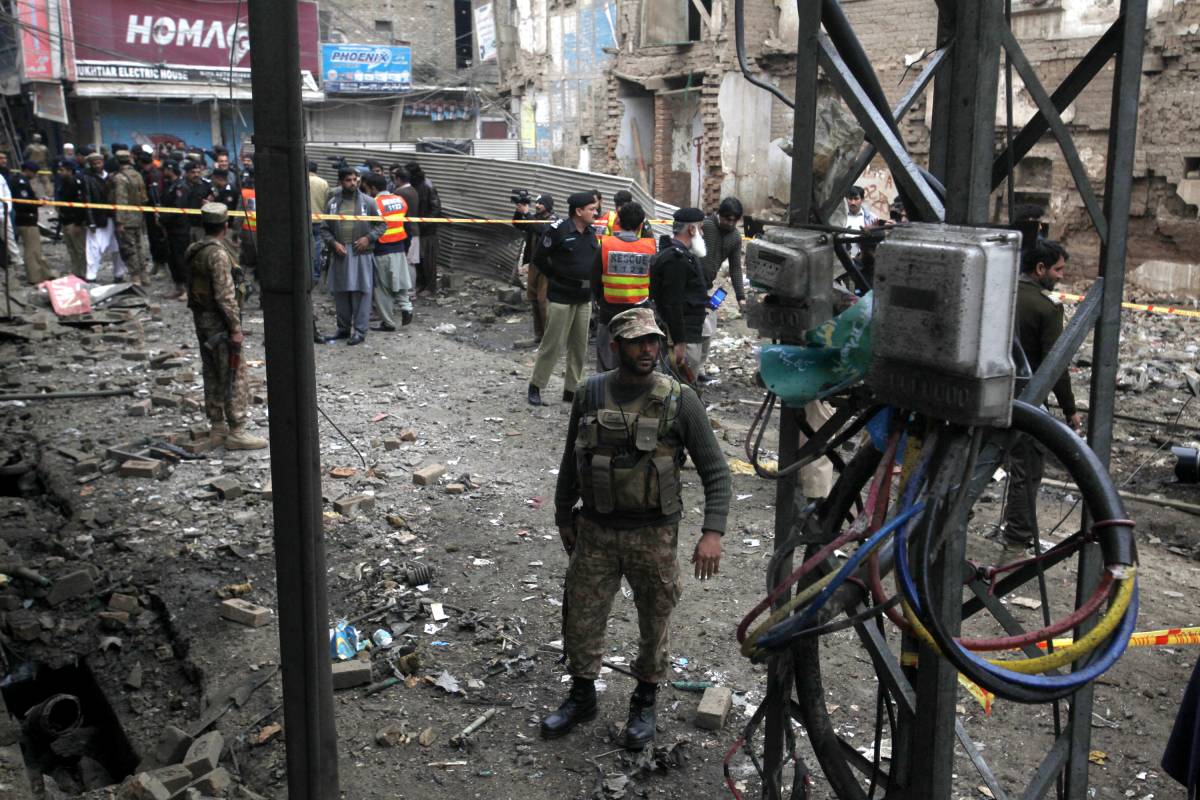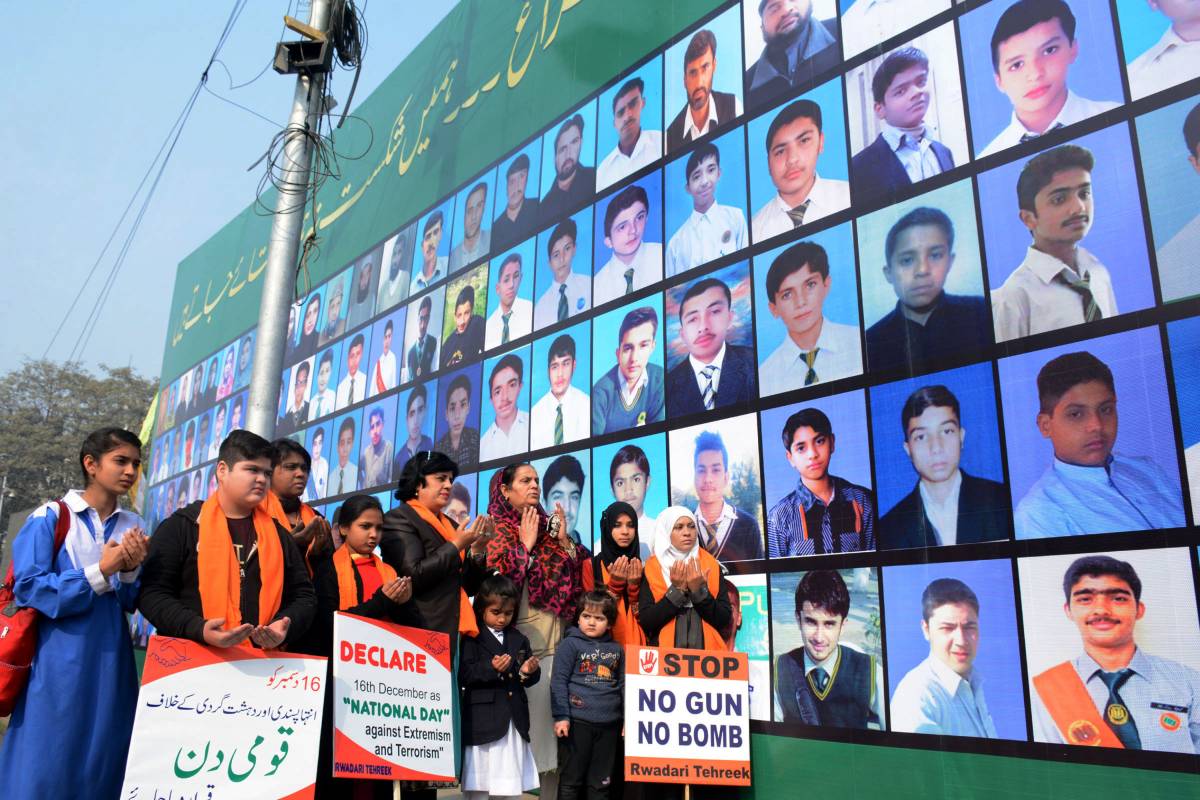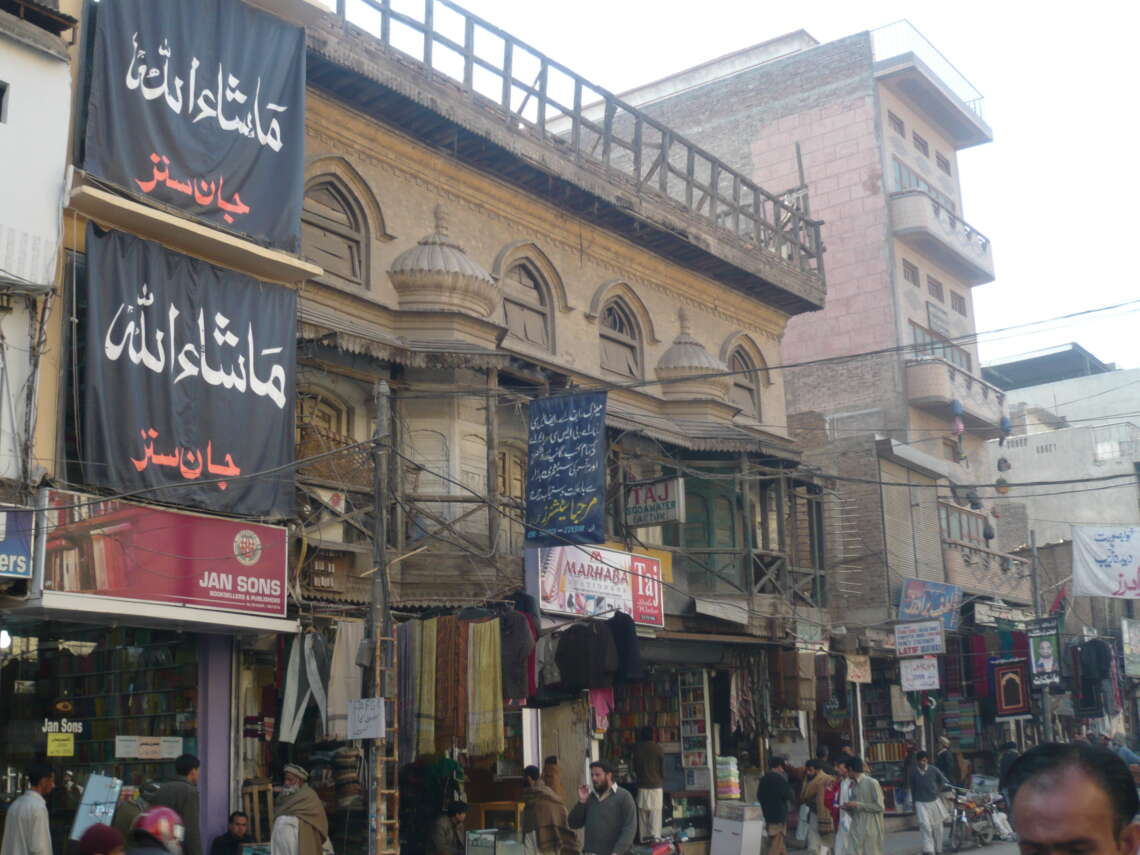
Pakistan’s vanishing heritage
Historic buildings crumble amid builder mafia’s relentless pursuit … writes Dr Sakariya Kareem Pakistan’s architectural and cultural legacy is facing an unprecedented crisis. Across major cities and small towns alike, historic buildings—many


